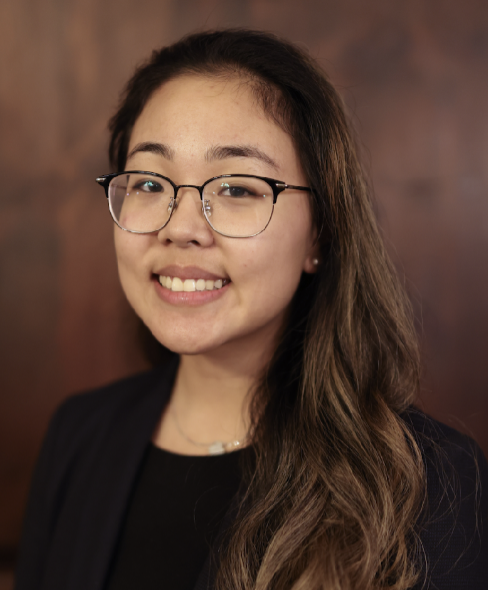You’re finally done with your personal statement and have turned in your supplemental essays – a sigh of relief washes over you until the interview invites start rolling in. Suddenly, the stress ramps up as you aren’t sure where to even start preparing for the interview stage of college application season. It can be daunting and difficult to know what to expect, as all interviewers and universities have different ideas about the kinds of questions they should ask prospective students. But don’t worry, I’ve been in your exact shoes and have prepared this guide to help you get started on your interview prep…
Before we get started, first – congratulations! The very fact that you were invited to interview for these colleges means your written application stood out to the admissions committee. Oftentimes what happens following the interview stage tends to be somewhat stochastic, but of course preparing as best as you can will maximize your chances of getting into your dream schools. That being said, be careful not to overprepare – everyone you talk to will likely give you this advice, but that’s because it’s so important to not sound overly-rehearsed. You want to sound like an intelligent, bright, motivated, yet still spontaneous person in your interview. And in order to hold an authentic conversation and really have fun with the process (it really is a lot of fun and so worth it!), you have to, after enough preparation, trust that you’ve got this!
At the end of the day, what you’re doing is talking about yourself and the amazing work that you’ve done thus far and hope to do with your college education. Trust that after you have spent enough time pondering your interests and motivations, you will know how to coherently field most of the questions your interviewer will throw at you.
Interview preparation: what works
Engaging with yourself in very deliberate, and often very challenging self-reflection.
Coming to terms with everything that you’ve done thus far, what you’re most passionate about, and deciding how best to frame that to an interviewer can be very stressful, but it is also an incredibly rewarding experience – regardless of whether or not you end up getting into the school at hand. So take a lot of time to just sit down in a quiet room with a pen and notebook, and try to see yourself as others see you.
Setting up a lot of mock interviews.
Whether it be with your friends, your teachers, your parents, or even other students or people you don’t know too well. Not only will these practice rounds help you get more used to the pacing and stress of an interview, but they will also force you to think on the spot and answer questions that you were not expecting at all. This will help you improve your ability to communicate your thoughts quickly, concisely, and coherently – all very important skills to have as a successful interviewee.
Going through everything listed on your transcript and resume.
This is not just to familiarize yourself with what you’ve done, but also to think about 1) why you did them, 2) the impact you hoped to make through them, and 3) the results that came about following your efforts. Being able to answer the “why XYZ activity?” question in a clear yet compelling manner will earn you major points during an interview!
Writing down interview questions and practicing refining your answers after every interview that you have.
You will likely see a lot of overlap between the interviews you have for different schools, so by doing this, you will incrementally improve your interview skills as you sit through more and more of them.
Interview preparation: what doesn't work
Trying to brainstorm an exhaustive (or even close to exhaustive) list of questions that the interviewer might ask you, as well as attempting to craft and memorize key answer points for each of them.
As tempting as this route may feel, it only makes your answers lack authenticity and sound over-rehearsed.
Getting freaked out after listening to other students’ interview experiences – such as obsessing over how you might answer all of the questions you’re hearing other students getting asked.
Remember that every interview is unique, and your interview questions will be specific to you. You obviously do not have the collective expertise and knowledge base of all the other students you are talking to – and that is totally okay. For example, if you hope to study biology in college, your interviewer will not ask you about your stance on a political issue. And even if they did, they would not hold it against you because they won’t expect you to have given the topic as much thought as another one that is closer to your area of interest.
In summary
Remember though, just as with any competition, there is an inevitable element of uncontrollable randomness - or luck. So I suggest that while these above do’s and don’ts may be helpful, it will be most important for you to settle into a mental place that both acknowledges the interview process as being partially arbitrary while also recognizing that you – with your strong preparation and performance – can get into your dream school.
Good luck!

Comments